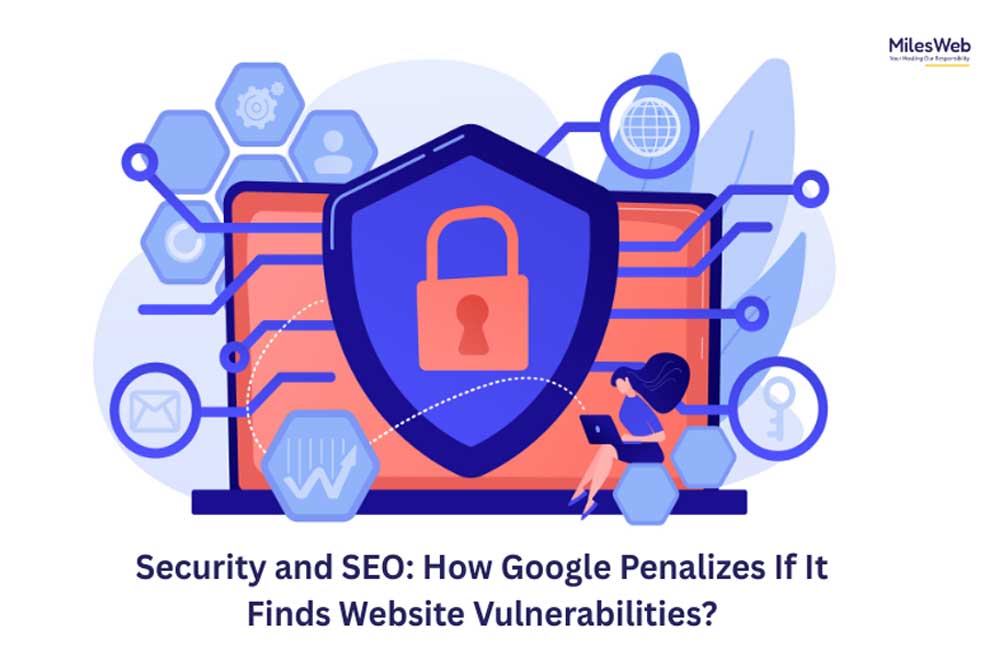When creating a website, numerous companies and independent freelancers subscribe to cheap Linux shared hosting as an affordable way to get online. Linux-based shared hosting environments are a popular choice because of their reliability and the ability to run most common web applications. However, cheap hosting presents some risks that are not always obvious. Because you will be sharing server resources with a multitude of other sites, a security hole is potentially risky to your site and every other site on the shared server. Consequently, cheap Linux shared hosting websites are vulnerable to attacks, which can impact your search engine rankings if not properly handled.
When aiming for consistent website performance and a strong security framework, NVMe shared hosting emerges as the most prominent option. Furthermore, many NVMe shared hosting providers offer enhanced security features of scanner monitoring, firewall protection, and isolation of server resources. This combination of incredible speed and security helps keep your website operating efficiently and avoids being penalized by Google for having security vulnerabilities.
How Google Flags Insecure Sites?
Google relies on automated systems, also known as bots, to identify suspicious activity on websites. For example, Malware injections or other malicious code, phishing pages that steal user data, hidden redirects that send users to dangerous sites, and poor website hygiene that allows unwanted hacking attempssssts. If one of the above violations is found, Google will give warnings to users in search results or simply exclude the site being reviewed from its index.
The owner of the site in question will also be notified through Google Search Console, with reasoning for addressing security issues promptly. If one chooses not to fix these problems, Google can penalize them in the long term if they fail to resolve the issues with their site. Top penalties include a loss of organic traffic to their site and long-term damage to their brand reputation.
Cheap Linux Shared Hosting: Popular Choice that Can Backfire
Low-cost Linux shared hosting services have become a popular choice for many website owners, as it is an inexpensive hosting option on reliable servers. Linux is a stable and secure operating system that powers web servers globally. Shared hosting means that your website is hosted on the same server (CPU, memory, data transfer) as other websites. While this lowers the hosting price, your website’s security is then compromised by the other websites on that server and their potential vulnerabilities.
Many lower-cost, entry-level hosting companies offer cheap hosting packages that are not adequately secured due to low ongoing code and security patch investments. Without monitoring or scanning for malware, your site could be infected with malicious code and used for phishing attacks, or potentially have its traffic lowered by being blacklisted by Google. If Google detects that your site has malware code (or was hacked/has signs of hacking), they will drop your site’s rankings or list it in their search results, flagged with a warning.
NVMe Shared Hosting: A Faster and More Secure Alternative
When it comes to meeting the performance with affordability, NVMe shared hosting emerges as the most popular choice. NVMe (non-volatile memory express) technology boosts website performance significantly by utilizing ultra-fast solid-state drives (SSDs) built for speed and efficiency.
However, most NVMe shared hosting providers go beyond speed and implement stronger security features. Most NVMe shared hosting providers offer malware scanning, firewall protection, automatic updates, and improved server isolation. The security upgrades make it less likely for your website to become vulnerable to an attack, which also helps avoid penalties from Google.
The SEO Impact of Website Security
- Website security is no longer simply a technical issue handed off to your IT team; it’s now a core SEO factor. Here’s how your vulnerabilities can affect your search rankings negatively.
- Search Result Warnings: Google regularly presents warnings as “This site may be hacked” or “This site contains malware,” which can discourage potential visitors from clicking the website link.
- Ranking Devaluation: Google may apply a lower position in its search results to your website to protect its users from unsafe sites.
- Loss of Trust and Traffic: There is a high chance that when users receive a warning message, they will immediately leave the site.
Quick Tips to Safeguard Your Website and SEO
You should get an SSL certificate for your websites to encrypt your data. Keep in mind that websites with HTTPS will rank better because Google views HTTPS as beneficial and secure.
Users who access your site should have complex passwords and enable two-factor authentication to deter unauthorized access.
Although cheap Linux shared hosting is appealing, choose a hosting provider that follows best security practices, regular updates, and malware scans.
Closing Insights
Affordability is a key factor in selecting a hosting provider, but compromising site security for a low price can harm your SEO and online reputation. Buying cheap Linux shared hosting is a good way to start, but as your website grows or if your website hosts sensitive information, consider upgrading to the more secure and faster solutions offered by NVMe shared hosting.
It’s proven that Google’s constant efforts to protect users mean that your website’s security ultimately matters when you want to keep strong search rankings. Allocating money for secure hosting and following both the associated best practices will not only protect your site from attacks but also provide a systematic boost for your SEO performance, enabling your business to thrive in an increasingly competitive digital landscape.

